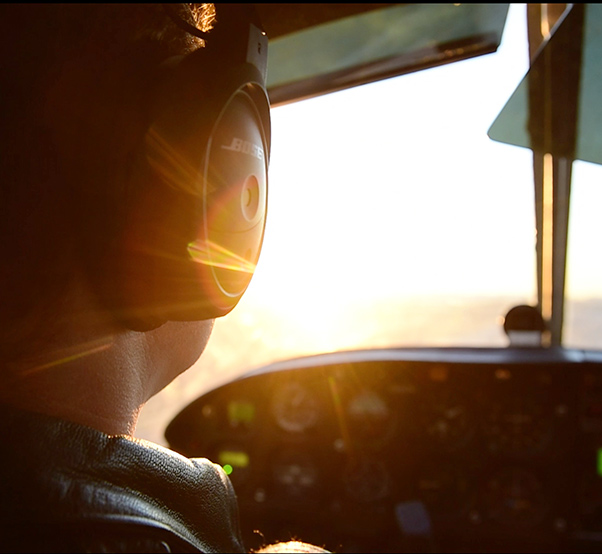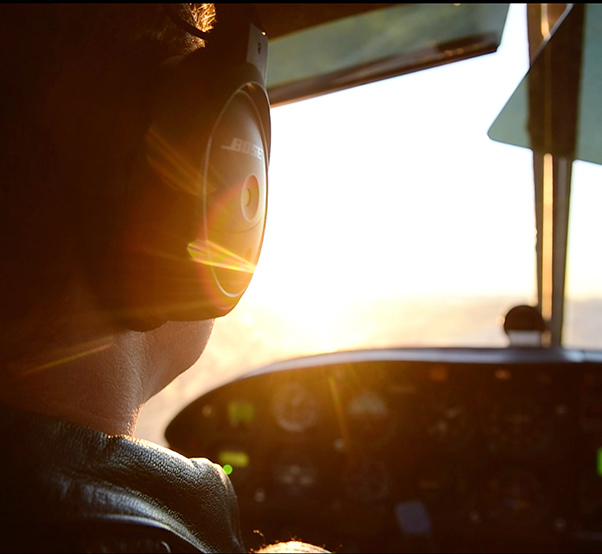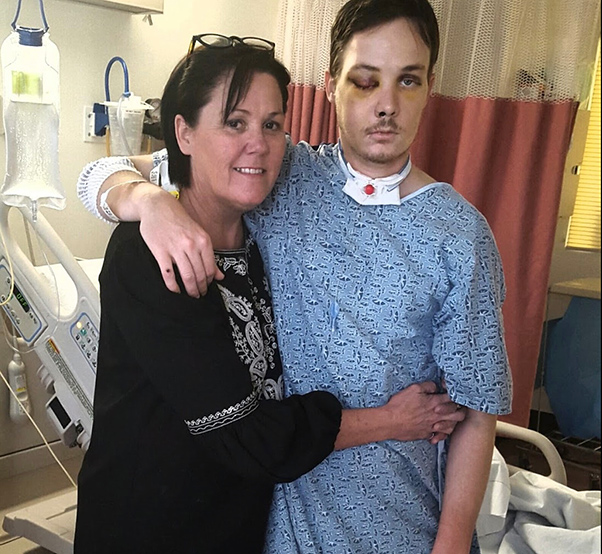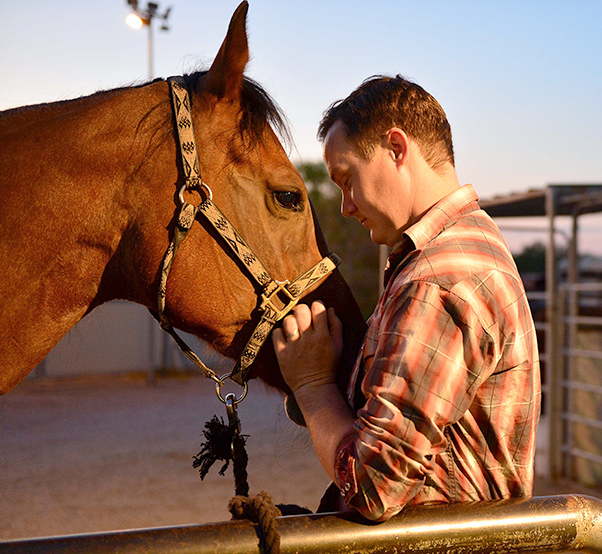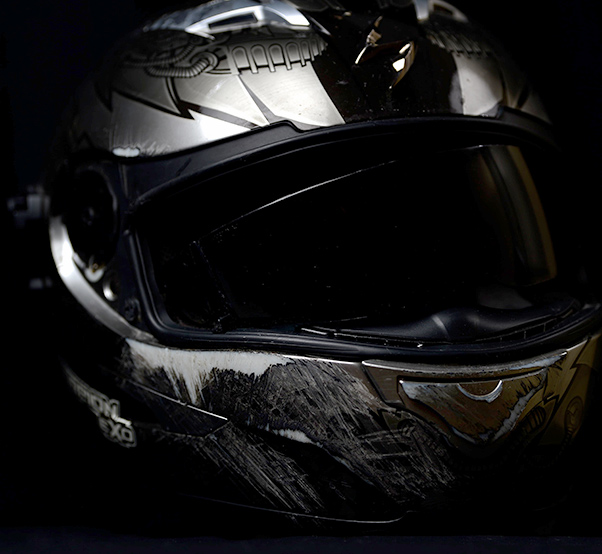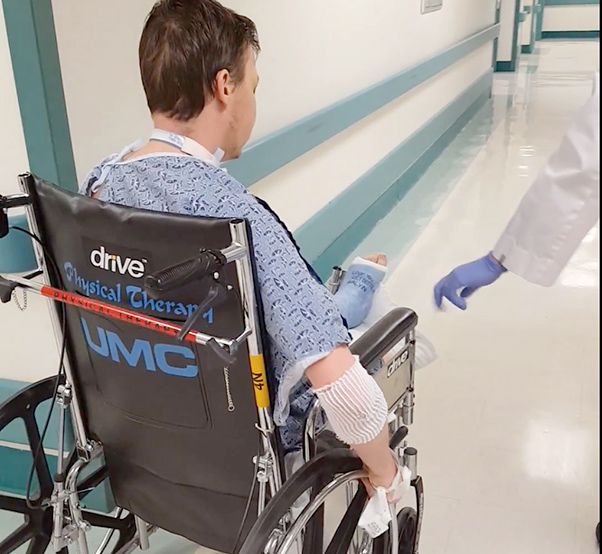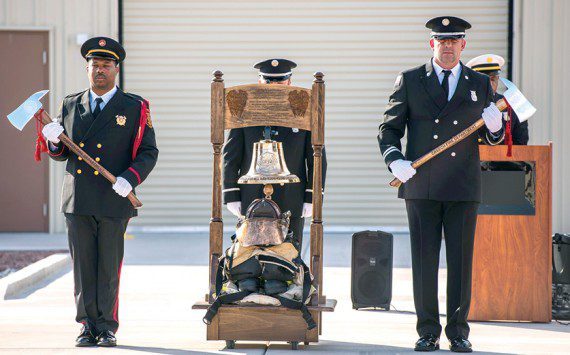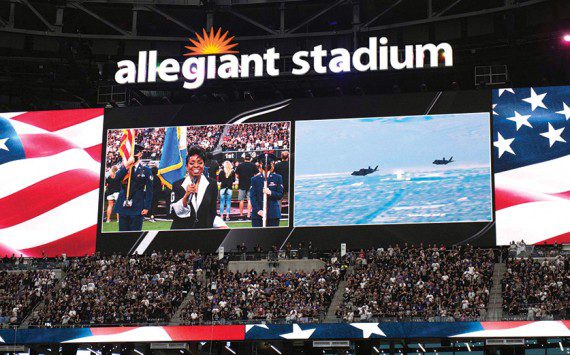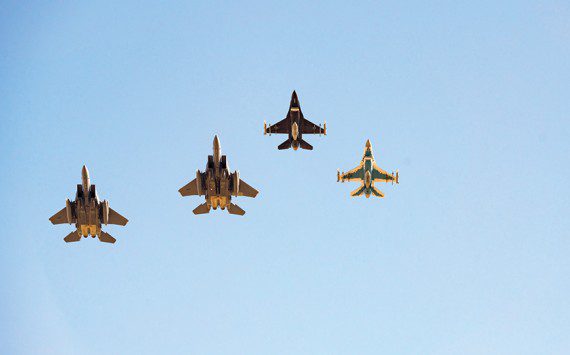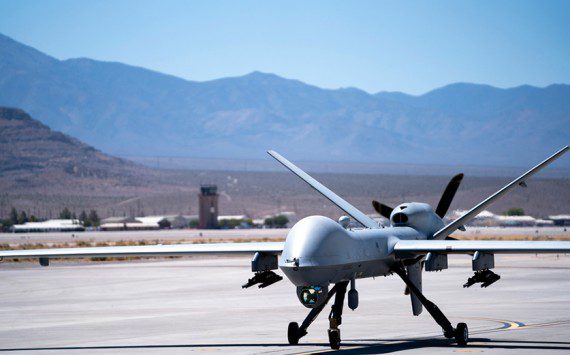Maj. Travis, deputy of the 432nd Wing Staff Agency Commander’s Action Group and survivor of an almost deadly motorcycle accident, flies with one of his licensed friends, in Las Vegas, Nev., Jan. 25, 2019. In just under two years after the wreck, Travis has passed a full component Air Force fitness assessment, and continues to fight his battle, to pursue his dream of taking to the skies and fly once more.
Waking up in an unfamiliar place, having suffered numerous injuries, he couldn’t believe the scene set before him. He waited for the curtains to be drawn to reveal the hospital bed and medical equipment attached to him were all fake.
He thought to himself, “This is a crazy dream, what a crazy dream this is.”
In the weeks that followed, the reality of a motorcycle wreck he experienced set in. He was left with a long list of injuries including two skull fractures, a broken sternum and broken tibia.
Maj. Travis, an MQ-9 Reaper pilot at Creech, wondered if he would be able to stay in the U.S. Air Force and if he would get the chance to fly again.
Though lost to him are a month and a half’s worth of memories, his family and friends explained the night as best they could.
“It was probably around eight o’clock at night,” he said. “I was going to meet a friend and his sister for dinner. I guess I left my house around eight and I went downtown.”
Maj. Travis, deputy of the 432nd Wing Staff Agency Commander’s Action Group and survivor of an almost deadly motorcycle accident, stands with his mother after the crash, in Las Vegas, Nev. Though lost to him are a month and a half’s worth of memories, his family and friends helped him get back to normal life in the months following the accident.
When Travis hadn’t arrived for dinner, his friends called the local police and learned there was a reported motorcycle accident nearby.
He reviewed the photos from the scene and described “All the damage on the car was on the corner of the bumper and all the damage on my bike was on the side, so I think we may have come around and merged into each other.”
Travis explained that he was thrown almost 70 feet away after the collision and amidst the uncertainty of long-term effects, he felt lucky just to be alive.
“You always hear ‘dress for the crash’ or … ‘it’s not a question of if you’re going to wreck, but when’ and I was like ‘ahh, not me’,” Travis shared. “‘I’ll never have a wreck; I’ll never crash,’ and then sure enough, it happened and I’m definitely glad I was wearing probably over a thousand dollars of gear.”
That night, authorities called his squadron commander and explained the situation.
“(My commander) was on vacation at the time with his family, but it didn’t matter,” said Travis. “He and the shirt [First Sergeant responsible for Airmen and families’ well-being] still took the appropriate action, notifying my family because I was in critical condition. Nobody was sure whether or not I was going to live or die at all, so time was of the essence.”
Maj. Travis, deputy of the 432nd Wing Staff Agency Commander’s Action Group and survivor of an almost deadly motorcycle accident, greets his horse, Indy, in Las Vegas, Nevada, Aug. 14, 2018. Along with physical therapy after the crash, he credits a large part of that recovery to his horse, Indy. His motivation to gain back the rhythm, comfort level and physical conditioning he’d once had with her is what helped in building back his physical strength.
Travis expressed immense gratitude for his leadership, his fellow squadron members as well as his family who flew directly to Las Vegas to support him.
“The biggest thing that helped my recovery was definitely my family coming out, but then also my Air Force family, my friends in my squadron that helped support my mom, dad, brother and sister during that process,” he said.
“Travis and I were both in the 22nd Attack Squadron, on the same shift but in different flights,” said Maj. Joshua, Travis’s family liaison officer. “He was going to replace me as assistant flight commander as I moved up to flight commander. Then, I received a call in the middle of the night about the accident and spent the next month by his and his family’s side making sure Travis and his family never had to worry about anything other than Travis’s well-being.”
Travis admitted to being a little choked up as he recalled how Joshua and his other teammates were there for his mother after the wreck.
“In those times when my mom was alone – sitting in the hospital – sometimes in the evenings, sometimes late at night, my commander or his wife would come to the hospital and sit with her and keep her company while she was alone,” he said. “She loves the Air Force for that.”
After being released from the hospital, Travis began walking the path to build back his physical strength. Along with physical therapy and starting work in the commander’s support section, he credits a large part of that recovery to his horse, Indy.
Maj. Travis, deputy of the 432nd Wing Staff Agency Commander’s Action Group and survivor of an almost deadly motorcycle accident, kept the helmet that many family and friends have said saved his life. The helmet displays a blown out visor, scratches on the exterior and can now be compressed with little effort.
“I’d had Indy for several years,” he went on. “She was patient enough to help me take baby steps to work back to where I could just ride her all through the mountains and through the desert again.”
Travis also noted how motivated he was to gain back the rhythm, comfort level, and physical conditioning he’d once had with Indy.
“It was tough at times, knowing there wasn’t much I could do but be by his side and be a friend,” Joshua shared. “However, seeing how determined he was and still is, is an incredible thing to witness. They say things happen for a reason, well I was chosen to be by his side to have a friend for life.”
While still in the hospital and on convalescent leave, Travis kept his thoughts on hope. Hoping there would be no permanent repercussions from the accident and hope that he would be able to continue serving in the Air Force.
“I just remember something my little brother told me who at some point grew into a wise man,” Travis expressed with a smile. “He (said) ‘you know, in this whole recovery process you just have to focus on the next thing, just the very next step.’”
In just under two years, Travis has passed a full component Air Force fitness assessment, currently flies with friends who are licensed pilots, and is taking one step after another.
He continues to fight his battle, to pursue his dream of taking to the skies once more.
Maj. Travis, deputy of the 432nd Wing Staff Agency Commander’s Action Group and survivor of an almost deadly motorcycle accident, uses a wheelchair while recovering from the crash, in Las Vegas, Nev. The motorcycle wreck he experienced left him with a long list of injuries including two skull fractures, a broken sternum, and broken tibia.






